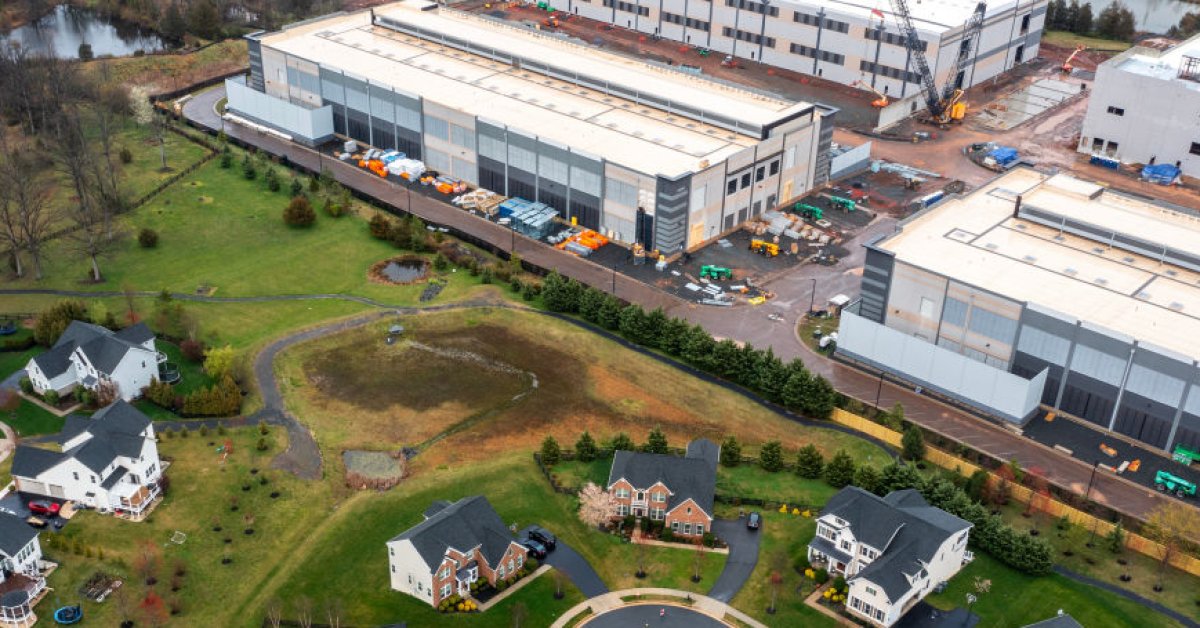The rise of artificial intelligence (AI) is having a massive impact on global energy consumption, particularly through the operation of data centers that support AI technologies. These data centers, filled with thousands of computer servers, require a constant and significant supply of energy to function properly. The International Energy Agency (IEA) has forecasted that global data center electricity demand will more than double from 2022 to 2026, with AI being a major contributor to this increase. While some AI industry insiders believe that there is enough energy capacity to meet this rising demand and that technological efficiency improvements can offset these increases, others are skeptical about the industry’s promises and concerned about the environmental implications of AI’s aggressive consumption of fossil fuel energy sources.
Data centers play a crucial role in the storage and processing of vast amounts of data generated by various digital activities, such as financial transactions, social media interactions, and government operations. As the world transitions to 5G networks and cloud-based storage solutions, the demand for data centers has skyrocketed, making them essential infrastructural components of modern society. According to the IEA, data centers now account for more than 1% of global electricity use, highlighting their significant energy consumption footprint. The expansion of data centers was already on the rise prior to the widespread adoption of AI, with the bitcoin mining industry contributing to their growth by consuming a substantial amount of electricity.
The tech industry’s increasing focus on AI technologies has further fueled the construction and operation of data centers, leading to even greater energy consumption levels. Generative AI, in particular, relies on the processing power of thousands of computers in data centers to analyze and generate complex patterns and data sets. While AI has the potential to revolutionize various industries and drive innovation, its energy-intensive nature raises concerns about its environmental impact and contribution to climate change. Critics argue that the rapid expansion of data centers and the growing energy demand of AI technologies could undermine global efforts to reduce carbon emissions and transition to more sustainable energy sources.
The challenge lies in finding a balance between harnessing the power of AI for societal advancements and mitigating its environmental consequences. Some experts believe that technological advancements, such as more energy-efficient hardware and software solutions, could help reduce the energy consumption of data centers and AI systems. However, others emphasize the need for greater transparency and accountability within the tech industry to ensure that energy consumption levels are minimized and environmental sustainability is prioritized. As AI continues to evolve and permeate various aspects of society, addressing the energy consumption implications of this technology will be crucial in shaping a more sustainable future for both local communities and the global environment.









